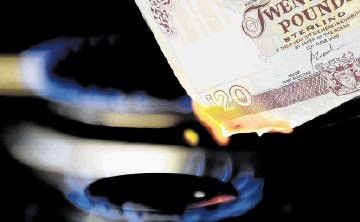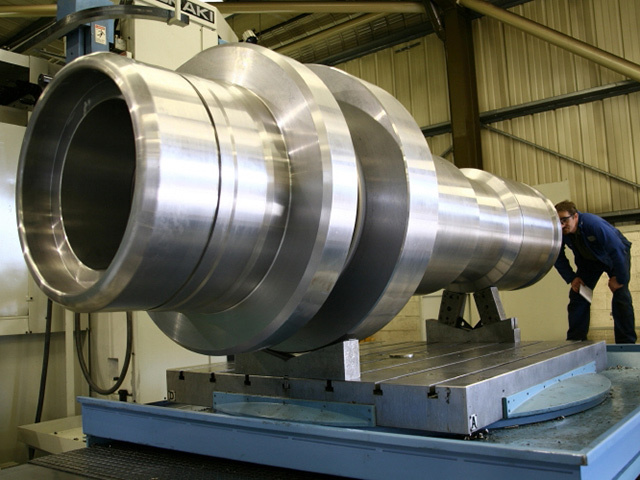
The downturn in the oil and gas industry has stung taxpayers for more than £300million.
North Sea revenues have fallen to the lowest levels since records began in 1968.
The government saw a total revenue of – (minus) £315million this year, compared to £151million in 2015/16.
According to HMRC this was due to a combination of continued low oil prices, high levels of expenditure and the reductions in taxes unveiled by the Treasury in recent budgets.
Losses incurred from the reduced levels of Petroleum Revenue Tax were extended to -£650 million, in comparison to -£562 million in 2015-16.
Meanwhile Corporation Tax (CT) revenues fell by 53% from £713 million in 2015-16 to £338 million in 2016-17.
The HMRC report on revenues from oil and gas production, stated: “Government revenues have declined over the last few years from £10.9 billion in 2011-12, to -£312 million in 2016-17.
“Significant investment in both existing developments and new projects is resulting in continuing high levels of expenditure.
“This combined with a halving of the oil price between 2011-12 and 2016-17 and a 10% decline in oil and gas production over the same period contributed to the reduction in Government revenues.”
Oil & Gas UK’s upstream policy director, Mike Tholen, said: “The production of oil and gas in the UK has contributed tax payments of around £190 billion (£330 billion in 2016 money) over the past 50 years while also supporting hundreds of thousands of jobs across the wider supply chain.
“Although the depressed oil price and increased level of decommissioning activity meant that tax receipts did turn negative during 2016/17, we expect the industry to reverse that trend this year and continue to contribute positive tax value over the rest of the decade.
“This change is driven by efficiency improvements within the existing business and is supported by a slightly higher oil price and lower levels of investment than seen in recent boom times.”
Between 2015-16 and 2016-17 instalment payments of CT declined by £217 million from £1113 million to £896 million, a fall of 19%.
Whilst production rose and expenditure declined between 2015 and 2016, this was outweighed by the fall in oil prices, the reduction in SC from 20% to 10% and the wider utilisation of new allowances against SC.
Over the same period repayments of CT rose from £400 million to £558 million (an increase of 40%), reflecting the higher amount of losses that were carried back, in particular decommissioning losses which have more generous loss carry back rules in comparison to general losses.
The result of the carry back of losses against previous tax paid (historical profits) is a repayment of tax.
Recommended for you
